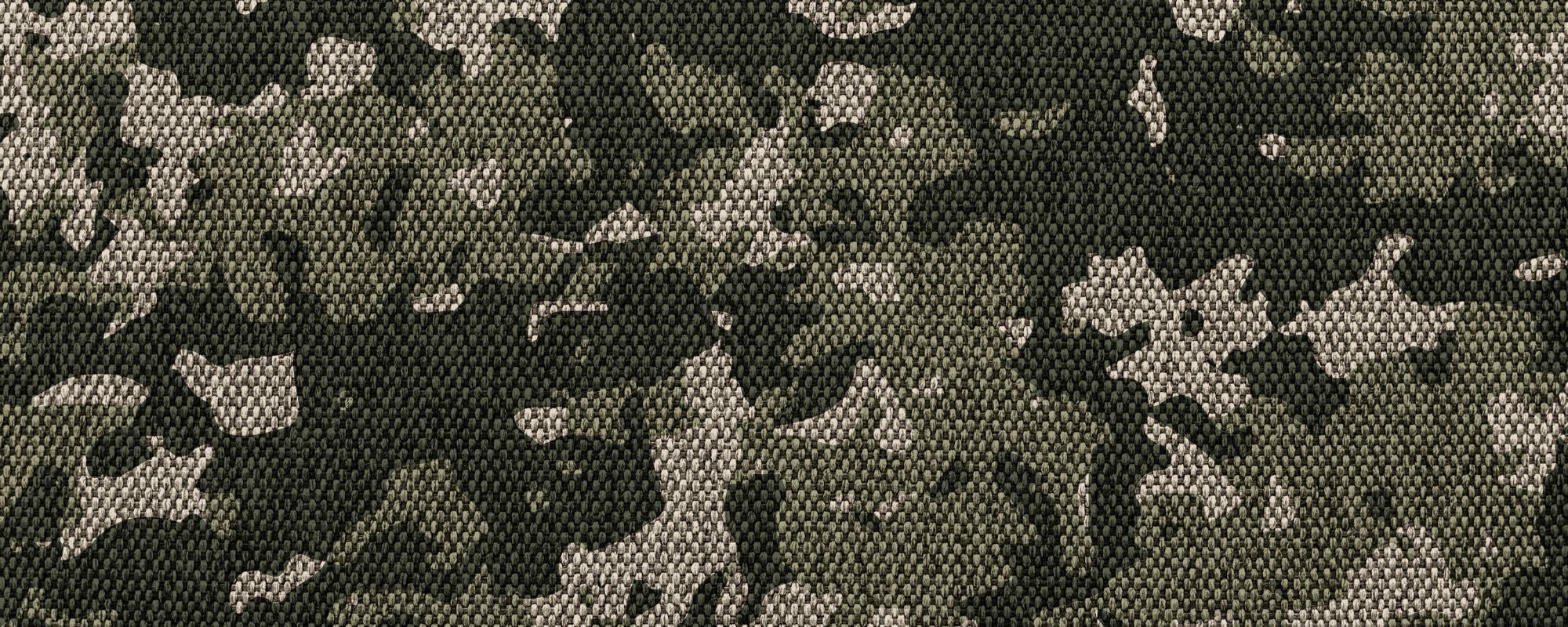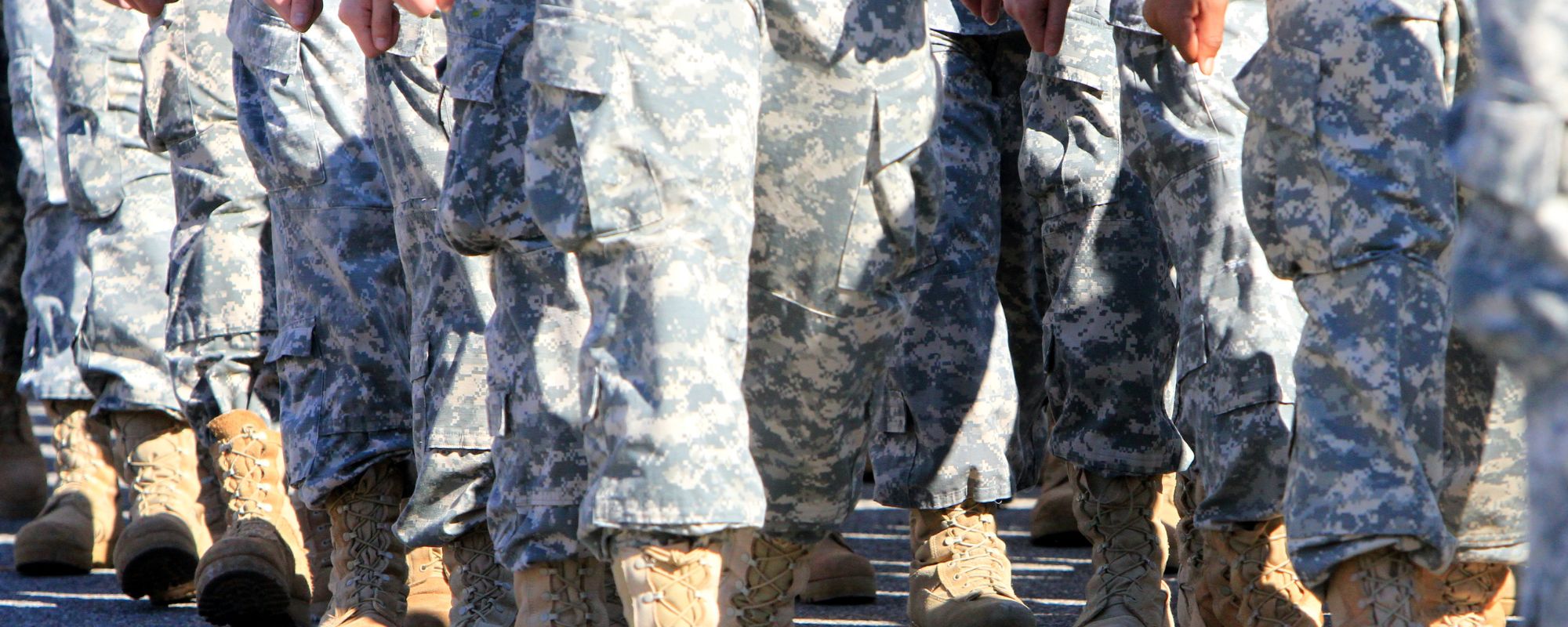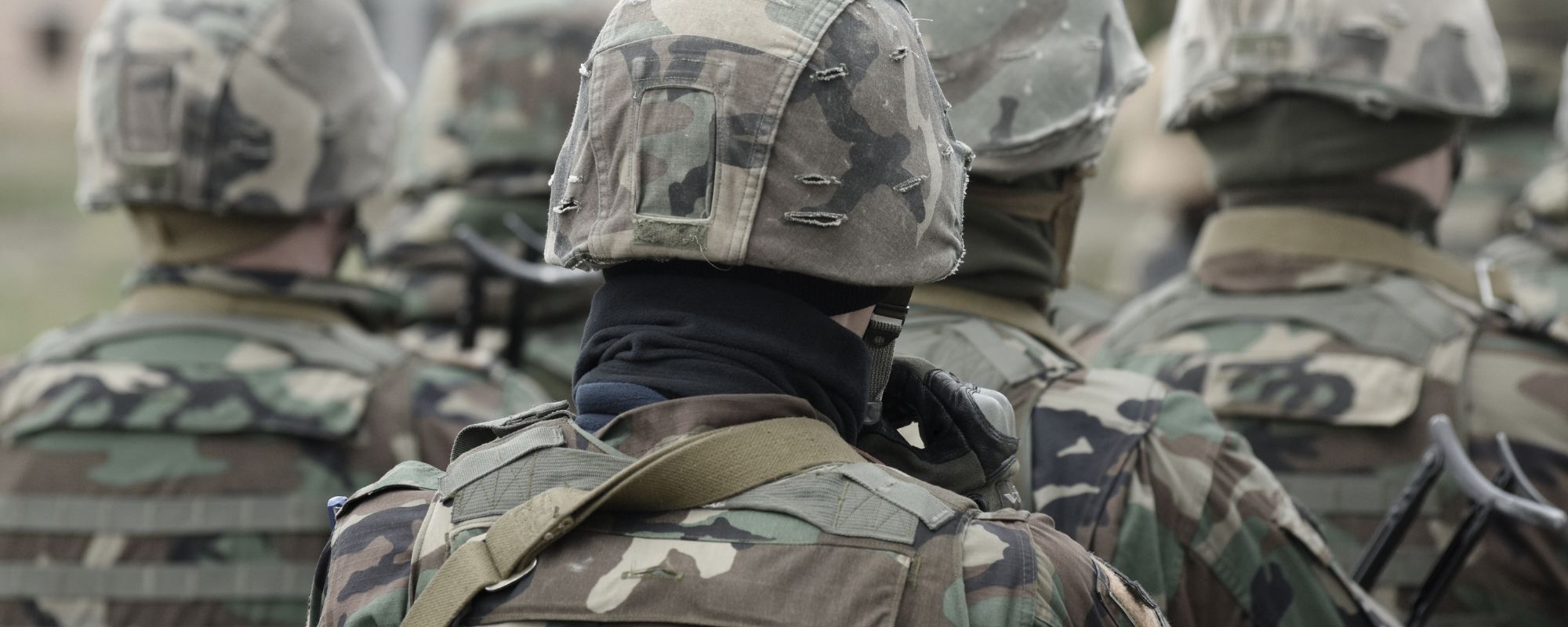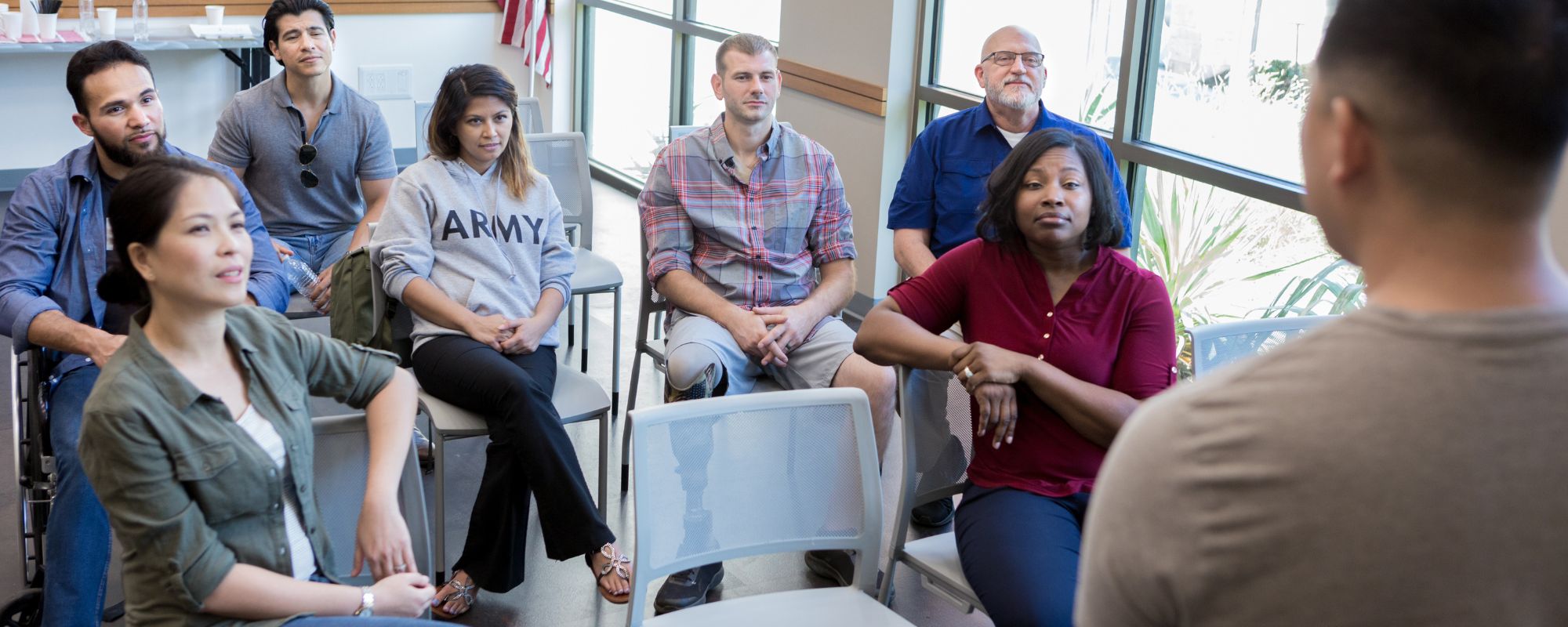For many war veterans, the impact of combat doesn’t always show up immediately. Some service members return home, reconnect with friends and family, and seem to be adjusting well. Yet months or even years later, powerful emotional responses and trauma symptoms can suddenly surface. These delayed emotional responses may involve flashbacks, nightmares, anxiety, or even substance abuse as a coping mechanism.
This experience is common among individuals who have experienced traumatic events, and it is often confusing. You may have wondered why your reaction to trauma is appearing now, long after your deployment ended. Understanding how trauma works in the mind and body helps explain why individuals with delayed symptoms often struggle—and more importantly, how they can begin to heal from trauma.
Why Does Delayed Trauma Response Happen?
Not every trauma survivor reacts in the same way. Many individual experiences of trauma are shaped by the nervous system, past life history, and available support. In combat, survival takes priority. Veterans often push through pain, fear, and loss in order to complete the mission. This can lead to emotionally delayed reactions later in life.
Some of the causes of delayed reactions include:
- Emotional numbness or detachment: Many veterans suppress or avoid emotional expression during service, which may later show up as difficulty expressing emotion or feeling connected.
- Accumulated stress: Multiple traumatic events compound over time, increasing the likelihood that individuals develop PTSD symptoms later.
- Triggers in civilian life: Life transitions, anniversaries of combat, or even media coverage of war can spark a delayed response.
- Underlying cause of stress: Hidden trauma may emerge once the body and mind no longer feel “on duty.”
In many cases, individuals with delayed reactions to trauma meet the diagnostic criteria for post-traumatic stress disorder (PTSD), even if they seemed fine immediately after their service.
Common Trauma-Related Symptoms in Veterans
When people with PTSD experience delayed emotional reactions, the signs can be overwhelming. Veterans may notice:
- Emotional numbness or emotional detachment
- Sudden emotional reactions such as anger or grief
- Flashbacks, nightmares, or intrusive memories
- Anxiety and depression, sometimes leading to panic attacks
- Avoidance of reminders of combat
- Substance abuse as an unhealthy coping mechanism
- Trouble sleeping, hypervigilance, or exaggerated startle responses
These trauma-related symptoms interfere with relationships, work, and quality of life. Left untreated, they can worsen over time, creating an ongoing cycle of fatigue, isolation, and emotional pain.
Get confidential help from our addiction and mental health treatment facilities located across the United States. Call to join one of our quality programs today!
Speak With Our Admissions Team
Treatments for PTSD and Trauma-Related Challenges
The good news is that recovery from trauma is possible. Mental health treatment tailored for war veterans can help address both the underlying cause of trauma and the challenges of daily living. Research-based treatments for PTSD focus on both processing and expression of emotions and teaching healthier coping skills.
-
Therapy and Counseling
- Cognitive Behavioral Therapy (CBT): Helps veterans identify harmful thought patterns and change their responses to trauma.
- Dialectical Behavior Therapy (DBT): Provides tools for managing strong emotions and developing healthier coping skills.
- Trauma therapy and EMDR (Eye Movement Desensitization and Reprocessing): Effective for reducing distress from traumatic memories.
-
Outpatient Mental Health Support
Some veterans may not require inpatient care but still need structured help. Outpatient mental health programs allow supporting individuals as they work through trauma while maintaining their daily responsibilities.
-
Behavioral and Medical Interventions
- Treatment for anxiety disorders, depression, and other forms of mental illness
- Safe management of substance abuse when veterans have turned to alcohol or drugs for relief
- Addressing sleep problems, physical health concerns, and stress in both the mind and body
-
Community and Peer Support
Connecting with other veterans provides strength and reduces isolation. Many individuals who have experienced trauma feel less alone when surrounded by others who understand trauma’s effect on life.
Looking for quality treatment for substance abuse and mental health that’s also affordable? Aliya Veterans treatment facilities accept most major insurance providers. Get a free insurance benefits check now!
Check Your CoverageCoping and Management Strategies for Veterans
Developing healthy ways to manage trauma-related symptoms is an important part of recovery. Some helpful approaches include:
- Emotional expression: Journaling, art, or talking with peers can help with processing and expression of grief and loss.
- Physical activity: Regular exercise can help regulate the nervous system and relieve stress.
- Relaxation techniques: Breathing exercises and mindfulness help calm traumatic stress responses.
- Building coping skills: Working with a therapist provides structured management strategies for overwhelming emotions.
- Relying on friends and family: Staying connected prevents isolation and supports recovery.
These strategies are not about “toughing it out,” but about giving yourself tools to live a healthier, more balanced life.
Taking the First Step Toward Healing
If you are a veteran struggling with PTSD or delayed emotional reactions, it doesn’t mean you are weak. It means your body and mind are finally releasing what they had to suppress during combat. With proper mental health treatment, veterans can learn to understand their emotional responses in adulthood, process trauma, and move forward.
At our recovery center, we specialize in supporting individuals who served in combat and are now facing trauma symptoms, substance abuse, or mental illness. Through a combination of research-based therapies, peer support, and veteran-focused care, we help individuals develop the skills needed to rebuild their lives.
Begin Your Recovery from Trauma and PTSD Today
The road to healing starts with recognizing that your responses to trauma are valid. Whether you’re struggling with anxiety and depression, symptoms of PTSD, or an emotionally delayed reaction to war, you don’t have to face it alone.
Call our team today to begin your journey. With the right care, it’s possible to heal from trauma, regain your strength, and create a life of hope and purpose.
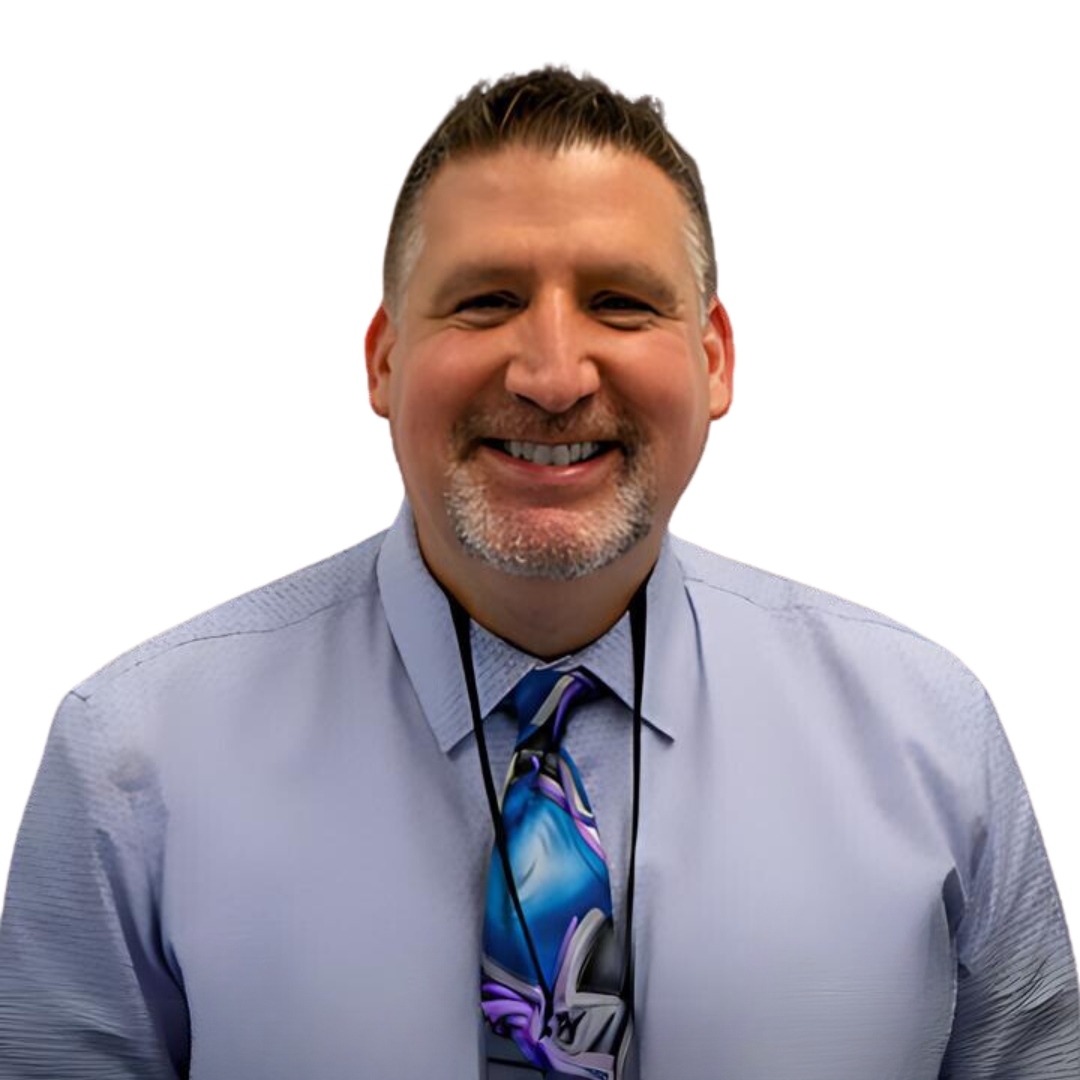

- Pill Mills: What Veterans Need to Know About a Dangerous Practice - January 28, 2026
- Trauma and Addiction: Understanding the Connection and Paths to Healing - January 27, 2026
- Rehab Centers for Veterans: Healing from PTSD and Addiction - January 26, 2026
